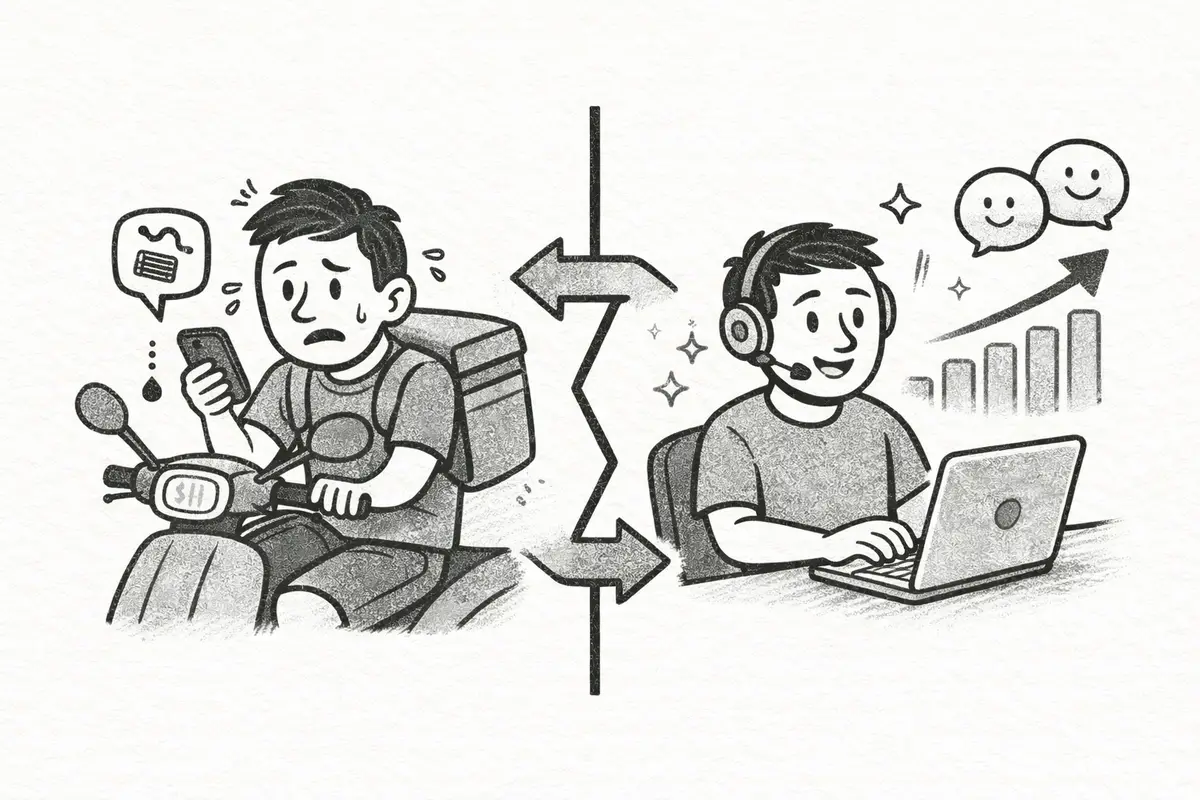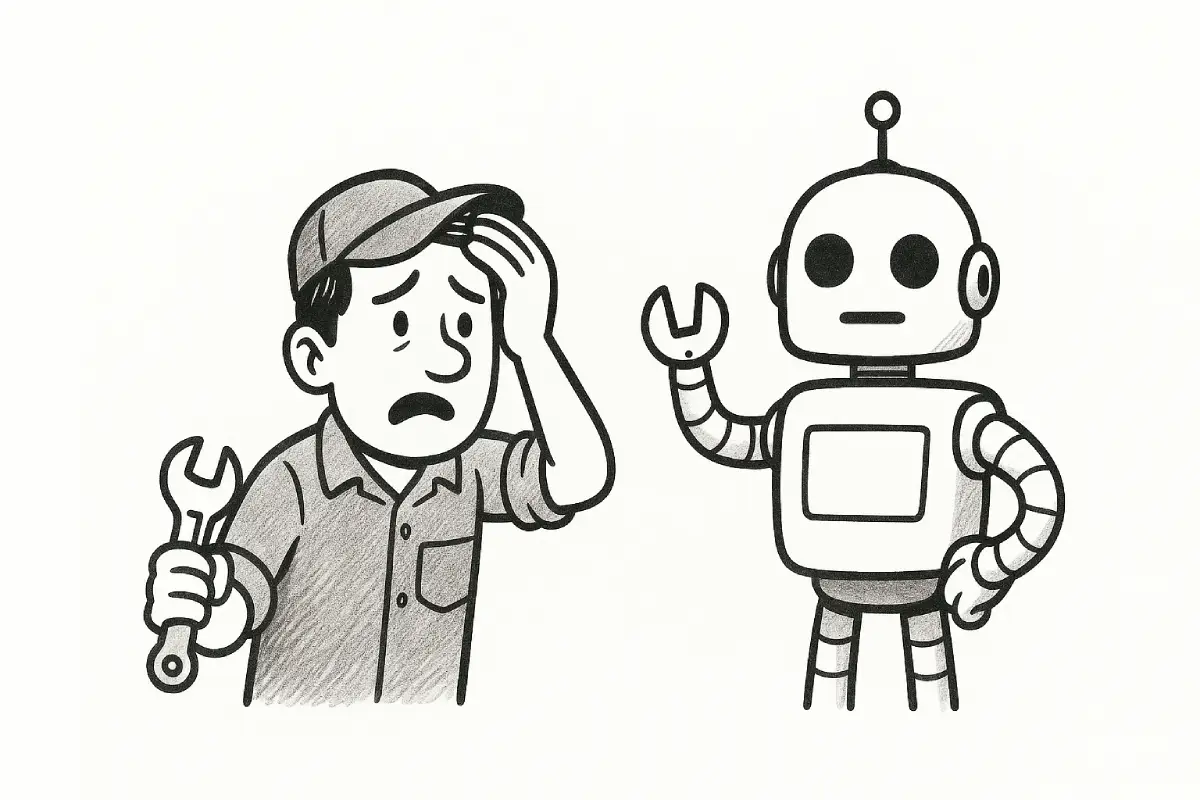When considering potential job opportunities, one of the important factors to consider is the size of the company you’ll be working for. Both large and small companies have their own unique advantages and disadvantages, and it’s important to understand these factors in order to make an informed decision about your career.
Working for a Large Company
Large companies are typically defined as those with 500 or more employees. Some of the advantages of working for a large company include:
Stability
- Stability and security. Large companies often have a long history of success, and this stability can provide employees with a sense of security in their job. Additionally, large companies typically have well-established processes and procedures, which can help to minimize risk and provide stability for employees.
Career advancement
- Career advancement opportunities. Large companies often have a more structured career path, with clear opportunities for advancement and professional development. This can provide employees with a clear sense of direction and the ability to progress in their careers.
Comprehensive benefits
- Comprehensive benefits packages. Large companies often offer comprehensive benefits packages, including health insurance, retirement plans, and paid time off. This can provide employees with peace of mind and financial security.
Working for a Small Company
Small companies, on the other hand, are typically defined as those with fewer than 500 employees. Some of the advantages of working for a small company include:
Flexibility
- Flexibility. Small companies often have a more informal and flexible work environment, which can provide employees with a better work-life balance. Additionally, small companies are often more nimble and able to adapt to changes more quickly, which can be a positive for employees.
Closer relationship with colleagues
- Closer relationships with colleagues. Small companies often have a more close-knit work environment, which can lead to stronger relationships with colleagues. This can create a supportive and enjoyable work environment, and can lead to better collaboration and teamwork.
Opportunity to wear multiple hats
- Opportunity to wear multiple hats. In a small company, employees often have the opportunity to take on a variety of tasks and responsibilities, which can lead to a more well-rounded skill set and a greater sense of accomplishment.
However, there are also some disadvantages to consider when working for a small company, including:
Limited resources
- Limited resources. Small companies often have fewer resources, which can limit their ability to provide employees with the same level of benefits and support as a large company.
Lack of stability
- Lack of stability. Small companies can also be more vulnerable to changes in the marketplace, and may not have the same level of stability and security as a large company.
Career advancement opportunities
- Limited career advancement opportunities. Small companies may not have the same level of structure for career advancement and professional development as a large company, which can limit employees’ ability to progress in their careers.
Culture and Work-Life Balance
Another important factor to consider when deciding between a large and small company is the culture and work-life balance. Large companies may have a more formal and structured work environment, with a clear emphasis on work and productivity. This can be a good fit for individuals who value stability and structure in their careers. However, this structure can also lead to a heavier workload and a less flexible work-life balance.
Small companies, on the other hand, often have a more relaxed and informal work environment, which can provide employees with a better work-life balance. This can be a good fit for individuals who value flexibility and a more relaxed work environment. However, the lack of structure and resources in a small company can also lead to a less stable work environment and a greater workload.
It’s important to consider your personal priorities and what type of work environment will be the best fit for you when deciding between a large and small company.
Potential for Impact and Creativity
Finally, it’s important to consider the potential for impact and creativity when deciding between a large and small company. Large companies often have established processes and procedures, which can limit employees’ ability to make a significant impact in their work. However, large companies also often have more resources and support, which can help employees to achieve their goals.
Small companies, on the other hand, often have a more entrepreneurial and innovative spirit, which can provide employees with the opportunity to make a significant impact in their work. However, the limited resources and stability in a small company can also limit employees’ ability to achieve their goals.
In conclusion, deciding between a large and small company is an important decision that can have a significant impact on your career. It’s important to consider factors such as stability, career advancement, benefits, work-life balance, culture, impact, and creativity when making your decision. By weighing the pros and cons of each type of company, you can make an informed decision that is best for you and your career goals.
You might also like: Pay Transparency Laws by State: Where Companies Must Share Salaries









